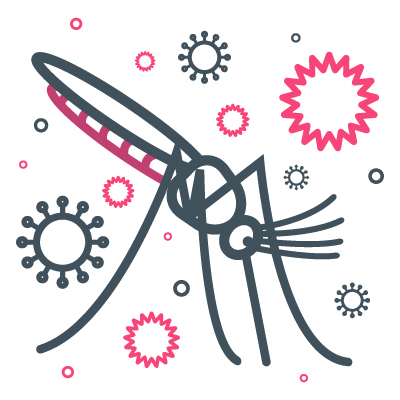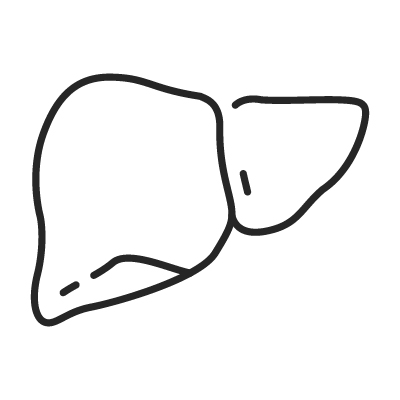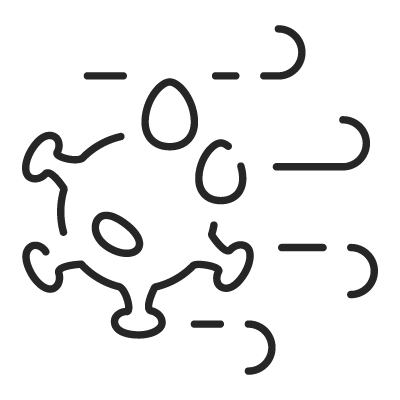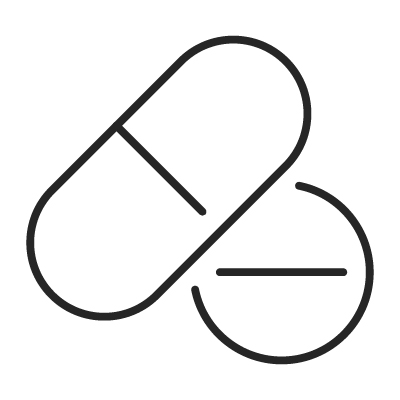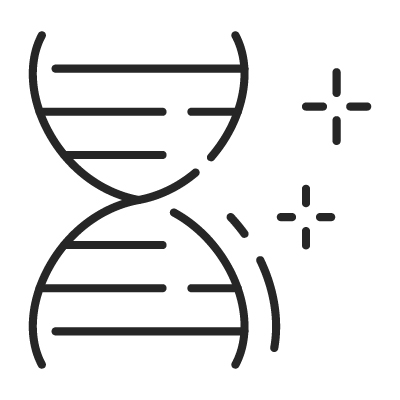TP Antibody
| Catalog No. | STPABW |
|---|---|
| Specimen | WB/S/P |
| Dimensions | Height: 60mm, Length: 300mm, Height: 84mm, Length: 300mm |
Intended Use
The Syphilis Ab Rapid Test is a lateral flow chromatographic immunoassay for the qualitative detection of antibodies including IgG, IgM, and IgA to Treponema pallidum (Tp) in human serum, plasma or whole blood. It is intended to be used as a screening test and as an aid in the diagnosis of infection with Tp. Any reactive specimen with the Syphilis Ab Rapid Test must be confirmed with alternative testing method(s) and clinical findings.
Product Description
INTENDED USE
The Syphilis Ab Rapid Test is a lateral flow chromatographic immunoassay for the qualitative detection of antibodies including IgG, IgM, and IgA to Treponema pallidum (Tp) in human serum, plasma or whole blood. It is intended to be used as a screening test and as an aid in the diagnosis of infection with Tp. Any reactive specimen with the Syphilis Ab Rapid Test must be confirmed with alternative testing method(s) and clinical findings.
SUMMARY
Tp, a spirochete bacterium, is the causative agent of the venereal disease syphilis. Although syphilis rates are declining in the United States after an epidemic outbreak between 1986 and 19901, the incidence of syphilis in Europe has increased since 1992, especially in the countries of the Russian Federation, where peaks of 263 cases per 100,000 have been reported 2. In 1995, WHO reported 12 million new cases of syphilis3. Currently, the positive rate of syphilis serological tests in HIV-infected individuals has been rising recently.
Serological detection of anti-Tp antibody has been long recognized in the diagnosis of syphilis since the natural course of the infection was characterized by periods without clinical manifestations. Both IgM and IgG antibodies were detected in sera from patients with primary and secondary syphilis. The IgM antibody may be detectable towards the second week of infection, while IgG antibody appears later, at about 4 weeks4. These antibodies could last for several years or even decades in the serum of a patient with untreated latent syphilis 5.
Antigens such as Rapid Plasma Cardiolipin antigen (RPR) and Tp bacterial extracts have been used in the syphilis serological tests for decades.However, RPR antigen is a non-treponema antigen, derived from bovine heart. Antibody to RPR antigen does not develop until 1-4 weeks after the appearance of the chancre, thus this antigen lacks of sensitivity to primary syphilis. The Tp extracts are prepared from inoculated rabbit testis and contain a certain amount of contaminated materials such as flagella, which can lead to cross reactions with borreliae and leptospires in the serological test. In addition, the composition of extracts may vary from lot to lot. Recently, several highly immunogenic Tp specific antigens have been identified and used as an alternative to the traditional antigens with the advantages of high specificity and reproducibility 6-9. The Syphilis Ab Rapid Test permits the measurement of antibodies (IgM, IgG and IgA) to recombinant antigens of Tp in blood rapidly and reliably without instrumentation.
PRINCIPLE
The Syphilis Antibody Rapid Test is a lateral flow chromatographic immunoassay. The test cassette consists of: 1) a burgundy colored conjugate pad containing recombinant Tp antigens conjugated with colloid gold (Tp conjugates) and rabbit IgG-gold conjugates, 2) a nitrocellulose membrane strip containing a test band (T band) and a control band (C band). The T band is pre-coated with non-conjugated recombinant Tp antigens, and the C band is pre-coated with goat anti-rabbit IgG antibody.When an adequate volume of test specimen is dispensed into the sample well of the cassette, the specimen migrates by capillary action across the cassette. Anti-Tp antibody, if present in the specimen will bind to the Tp conjugates. The immunocomplex is then captured on the membrane by the pre-coated Tp antigen, forming a burgundy colored T band, indicating a Tp antibody positive test result. Absence of the T band suggests a negative result. The test contains an internal control (C band) which should exhibit a burgundy colored band of the immunocomplex of goat anti-rabbit IgG/rabbit IgG-gold conjugate regardless of color development on the T band. Otherwise, the test result is invalid and the specimen must be retested with another device.




